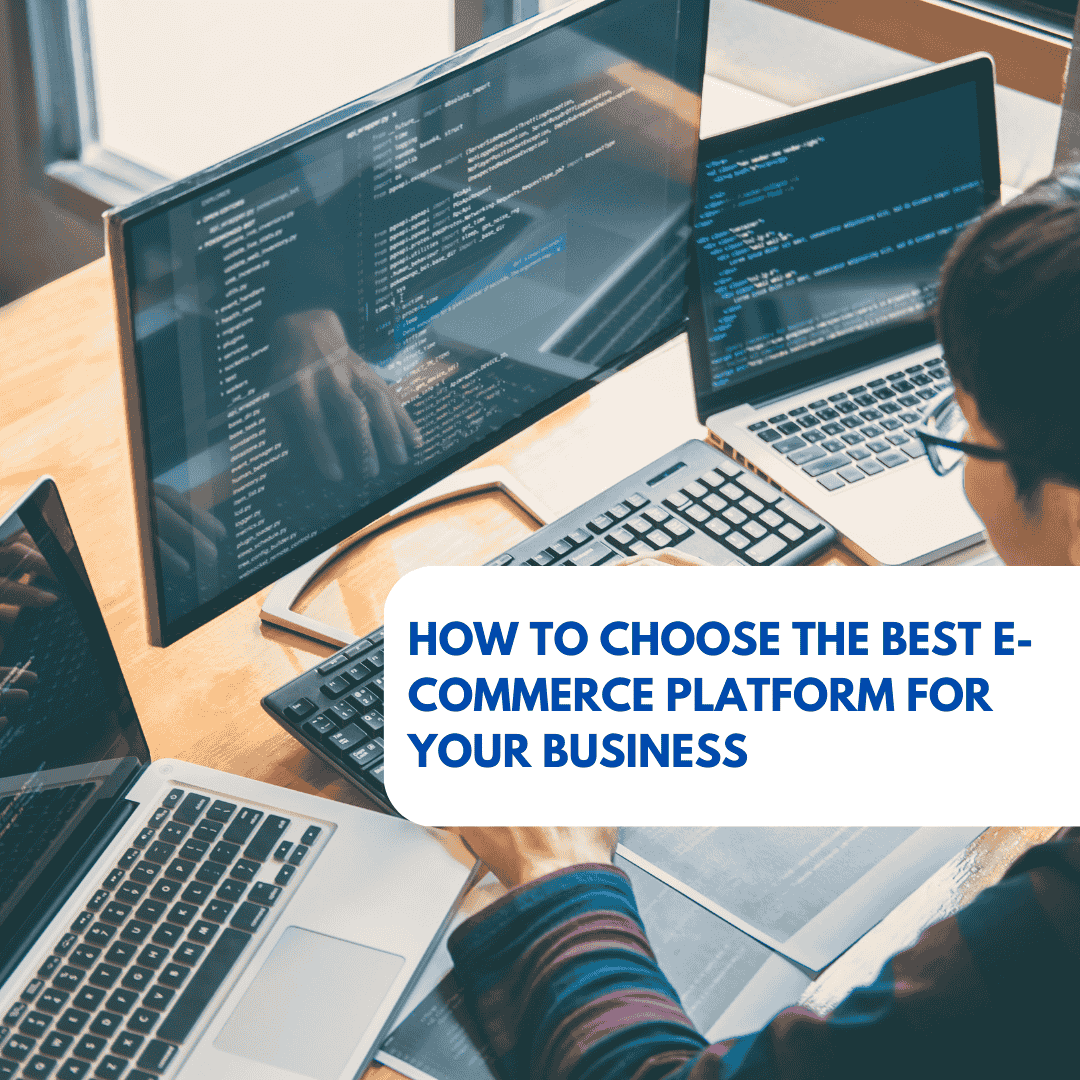The right e-commerce platform can make or break the success of your online business. With countless options available, selecting the best one for your needs can be overwhelming. Whether you’re starting a new online store or looking to upgrade your current platform, this guide will walk you through the key factors to consider when choosing an e-commerce platform that aligns with your business goals.
1. Understand Your Business Needs
The first step in choosing the best e-commerce platform is understanding your specific business requirements. Ask yourself the following questions:
- What is the size of your product catalog?
- Do you need advanced features like multi-currency support or multilingual capabilities?
- How much customization do you require for your store design and functionality?
- What’s your projected traffic volume and sales growth?
Clearly identifying your needs will help you eliminate platforms that don’t meet your requirements and focus on those that do.
2. Consider Scalability
Your e-commerce platform should grow alongside your business. While some platforms are perfect for small-scale operations, they may not support the needs of a rapidly growing store. Look for a platform that can handle increasing traffic, larger inventories, and advanced features as your business expands. A scalable solution ensures that you won’t have to switch platforms down the road, which can be a costly and time-consuming process.
3. Ease of Use and Customization
A user-friendly interface is crucial, especially if you’re new to managing an online store. Look for platforms with intuitive dashboards that make it easy to upload products, manage orders, and track analytics. Additionally, customization is key to creating a unique brand identity. Platforms like Shopify, WooCommerce, and Magento offer varying levels of customization options. If you need extensive design or functional modifications, consider working with a professional Website Development Company in Bangalore to ensure a tailored solution.
4. Cost and Pricing Structure
E-commerce platforms come with different pricing models, including subscription fees, transaction fees, and additional costs for plugins or themes. Calculate your budget and factor in both upfront and ongoing expenses. While some platforms like Shopify offer an all-in-one solution with predictable costs, others like WooCommerce may require separate payments for hosting, themes, and plugins. Choose a platform that fits your budget while meeting your needs.
5. Payment Gateway Integration
Your platform should support multiple payment gateways to provide flexibility for your customers. Ensure that the platform integrates seamlessly with popular payment options like PayPal, Stripe, and credit/debit cards. For businesses targeting international markets, multi-currency support is essential to cater to global audiences.
6. Mobile Responsiveness
With the majority of online shoppers using mobile devices, having a mobile-responsive e-commerce website is non-negotiable. Choose a platform that offers mobile-friendly templates and ensures a seamless shopping experience on smartphones and tablets. A mobile-optimized website not only improves user experience but also boosts your search engine rankings.
7. SEO and Marketing Features
Your e-commerce platform should come with built-in SEO features to help your store rank higher on search engines. Look for platforms that allow you to customize meta titles, descriptions, and URLs, and provide tools for optimizing site speed and mobile performance. Marketing features like email integration, abandoned cart recovery, and social media connectivity can also enhance your ability to attract and retain customers.
8. Security Features
E-commerce websites handle sensitive customer information, including payment details, so security should be a top priority. Ensure that the platform offers SSL certificates, PCI compliance, and regular updates to protect your store from cyber threats. A secure platform builds customer trust and safeguards your business reputation.
9. Customer Support
Reliable customer support is crucial, especially if you encounter technical issues or need help with platform features. Choose a platform that offers 24/7 support through multiple channels such as live chat, email, and phone. Additionally, explore their knowledge base, tutorials, and community forums to gauge the quality of their support resources.
10. Seek Expert Assistance
Selecting and setting up the right e-commerce platform can be challenging without technical expertise. Partnering with an experienced Website Development Company in Bangalore can simplify the process. They can help you choose the most suitable platform, customize your website to meet your unique requirements, and ensure a smooth launch.
Popular E-commerce Platforms to Consider
Here are a few of the most popular e-commerce platforms to explore:
- Shopify: Ideal for beginners with its all-in-one solution and ease of use.
- WooCommerce: Perfect for businesses looking for flexibility and customization options.
- Magento: Best suited for large-scale enterprises with advanced requirements.
- BigCommerce: Great for businesses seeking scalability and robust features.
- Squarespace: Ideal for small businesses and creative entrepreneurs.
Conclusion
Choosing the best e-commerce platform for your business involves evaluating your needs, budget, and future growth plans. A well-selected platform will not only streamline your operations but also enhance the shopping experience for your customers. To ensure you get it right, consider seeking guidance from a trusted Website Development Company in chennai that specializes in building high-performing e-commerce websites tailored to your business goals.
